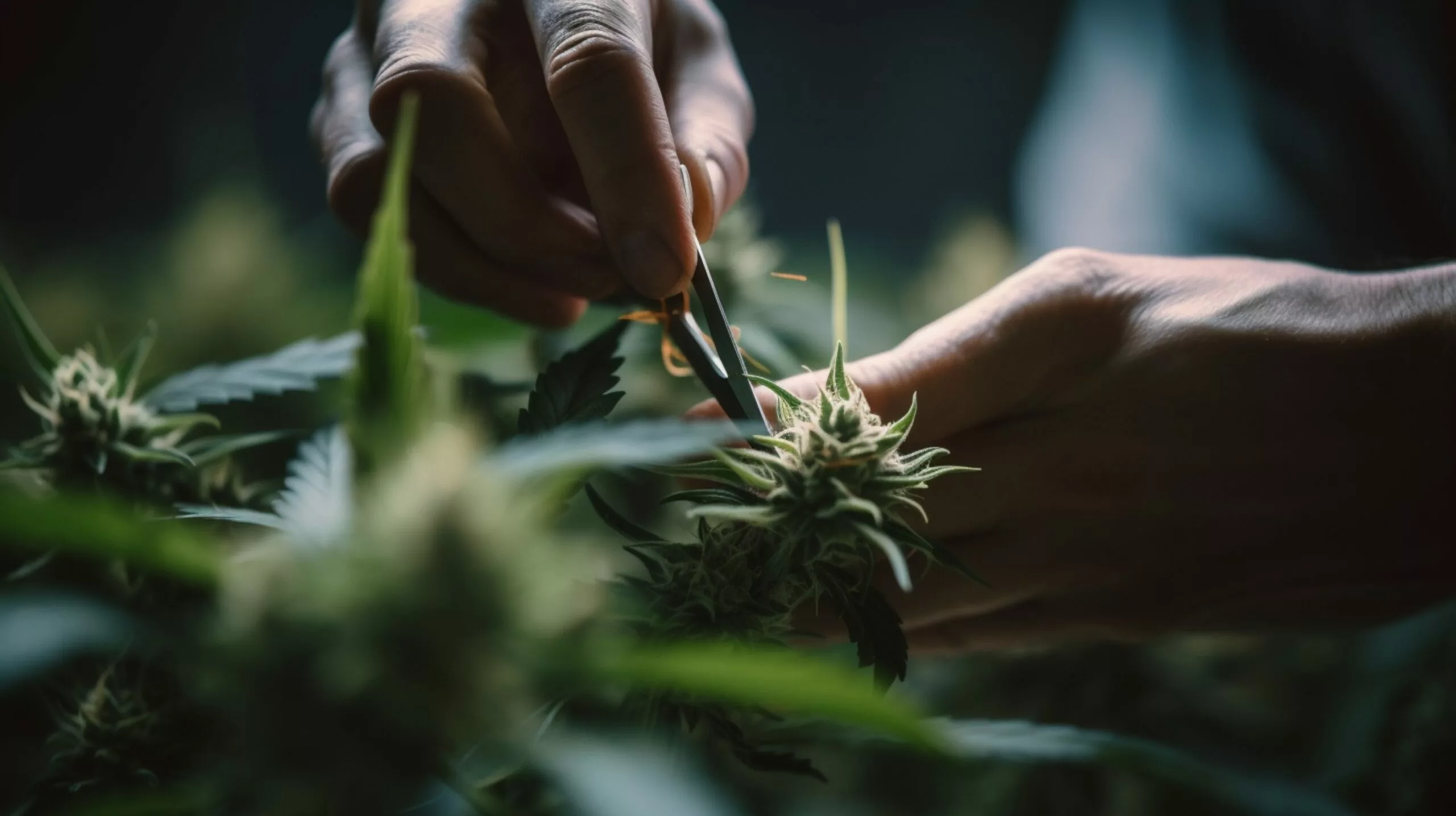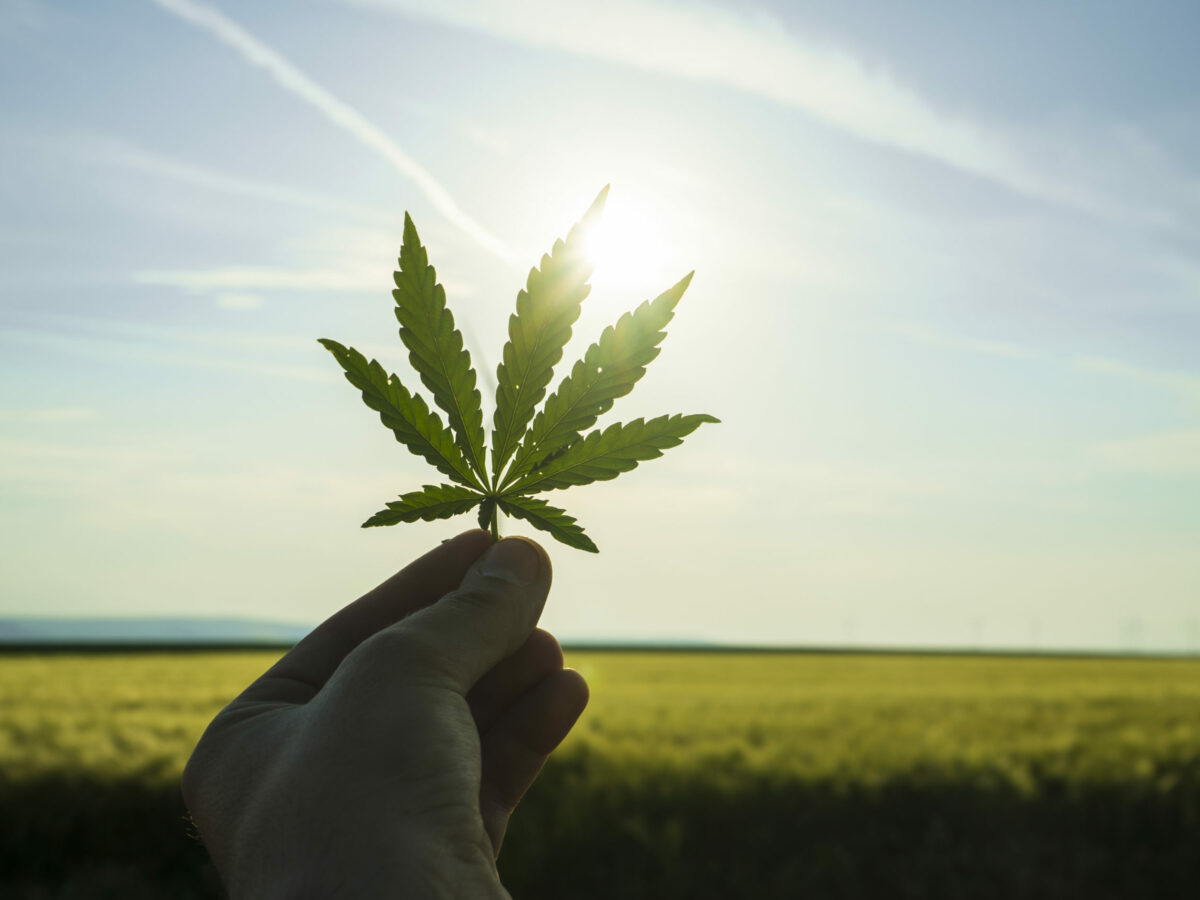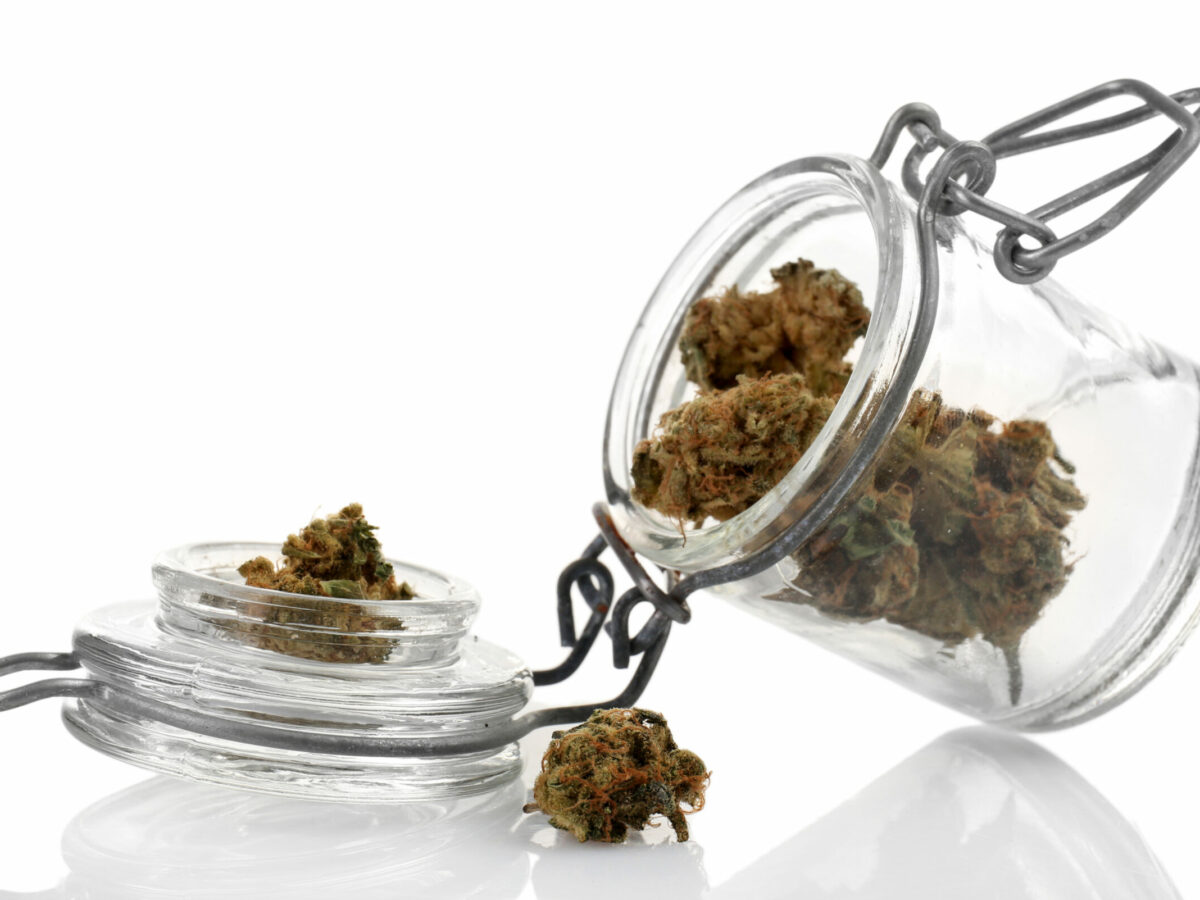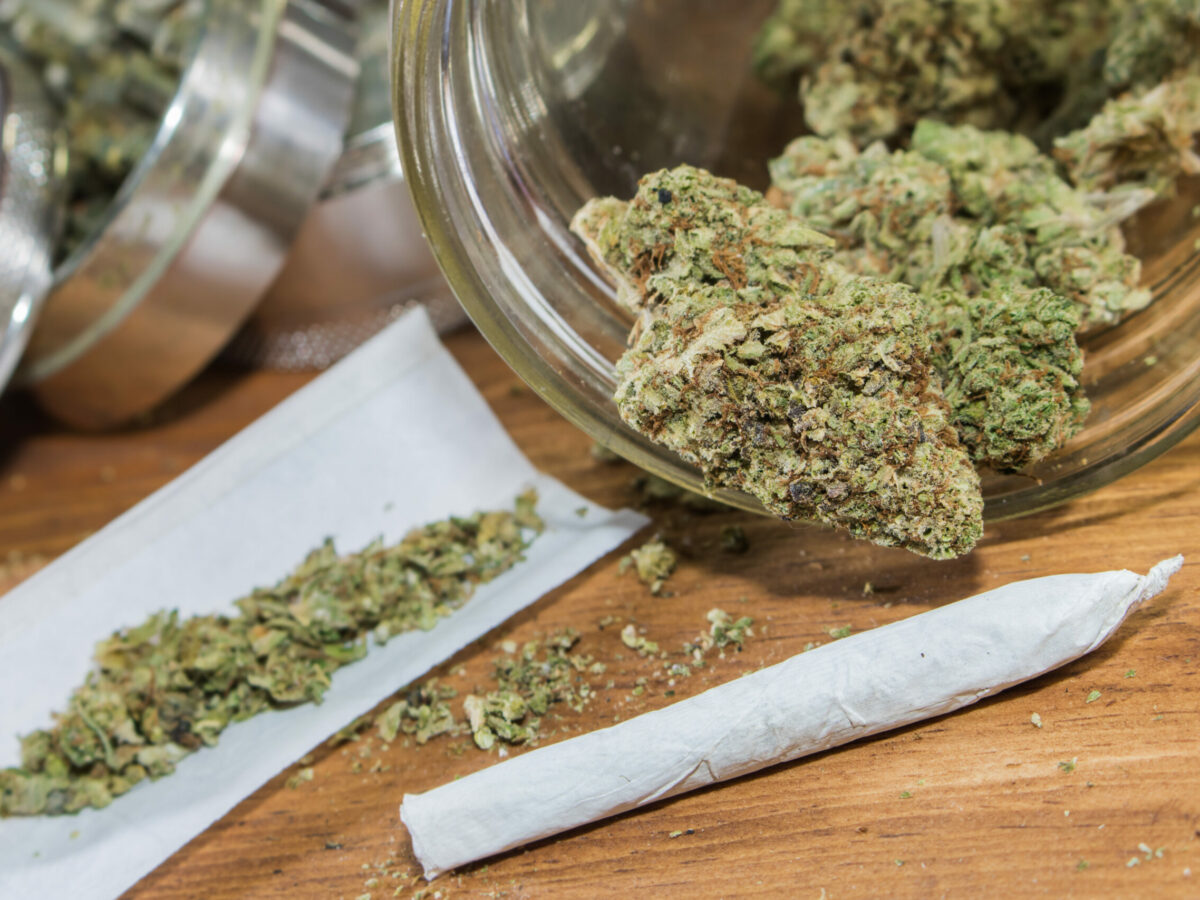The District of Columbia’s medical cannabis program has been going through growing pains as it expands, but the regulatory agency, The Alcohol Beverage and Cannabis Administration, has its most recent solution: a new set of emergency rules and D.C. council Act that give ABCA power to shut down the D.C. gifting market.
Since D.C. started its attempt to expand the medical cannabis market last year, a crucial step has been deciding how to tamp down the competition of unlicensed I-71 gifting shops for the legal market. ABCA gave I-71 operators 90 days this winter to apply to transition to the legal market, but less than a third of operators choose to apply. And now, ABCA after opening its door for a period to illicit shops must decide how to crack down on those who did not decide to go legal while they had a chance.
Fred Moosally, the director of ABCA, asked D.C. council members for more power to enforce against unlicensed operators in early March, and new laws signed on April 8, 2024 are his answer. The new emergency rulemaking adopted by his agency a few days after council passed its legislation further addresses the agency’s efforts to kick I-71 shops out of the city.
The council’s act allows ABCA to investigate and summarily close unlicensed retailers found violating the Medical Cannabis Act. ABCA can now seize any cannabis products on site during closure. However, the regulations also ensure due process. Both the unlicensed retailer owner and the property owner will be notified and have the right to request a hearing before the ABCA Board within five business days. The Board must then schedule a hearing within another five business days if a timely request is received.
ABCA has its own authority to develop rules but not laws based on legislation passed by D.C. council. Therefore the new legislation has to be passed to give ABCA the ability to enforce against unlicensed establishments. The 120 day emergency rule making by ABCA will be officially adopted within the next month as long as the D.C. council moves to approve it.
https://datawrapper.dwcdn.net/fjV2l/6/
The key points on enforcement from ABCA’s own rule making follow:
- Enforcement Parties:
- ABCA and the Board have authority to enforce the Act and its regulations.
- ABCA investigators can issue citations for civil violations.
- Unlicensed sales are referred to the Attorney General’s office for prosecution.
- Investigations:
- ABCA investigators can check patient/caregiver IDs at licensed facilities.
- They can seize evidence of violations, including cannabis products sold illegally and fake IDs.
- License Seizure:
- ABCA can seize licenses if:
- Suspended, revoked, or expired.
- Tampered with, fraudulent, or unused.
- Facility no longer exists or is closed by another agency.
- ABCA can seize licenses if:
- Inspections:
- ABCA can conduct announced, unannounced and undercover inspections of licensed facilities and pending applications.
- Licensed facilities are inspected at least annually.
- Reasonable effort is made to inform licensees of inspection dates.
- Examination of Premises and Records:
- Licensees must allow ABCA inspectors to examine:
- The business premises.
- All relevant business records, including confidential patient information.
- Records are typically kept on-site, but off-site storage with Board approval is allowed.
- Electronic records are permitted, with immediate access granted to ABCA during inspections and physical copies provided within 48 hours upon request.
- Licensees must allow ABCA inspectors to examine:
- Investigative Reports:
- ABCA must provide licensees with investigative reports within 90 days of an incident potentially leading to enforcement action.
- This requirement is paused if another agency investigates the incident.
- Licensees can petition the Board for a copy of the report if not received within 90 days.
- License Revocation/Suspension/Fines:
- The Board can impose fines, suspensions, or revoke licenses for violations of the Act or regulations.
Notably, ABCA also removed additional barriers to patient access by reducing fees for patient certification, removing the limit of patients under a caregiver and increased the limits of concentrates allowed to be purchased to reflect Colorado’s medical cannabis program.
However, it limited deliveries and curbside picks to between 9 A.M. and 9 P.M. which eliminates early morning and late evening pickups for patients. ABCA also reduced the testing laboratory application fee to $0 to attract a testing laboratory to the District as there is still no functional testing facility for medical facilities. Enforcement has already started against unlicensed shops with almost 20 warnings delivered by ABCA since February.



